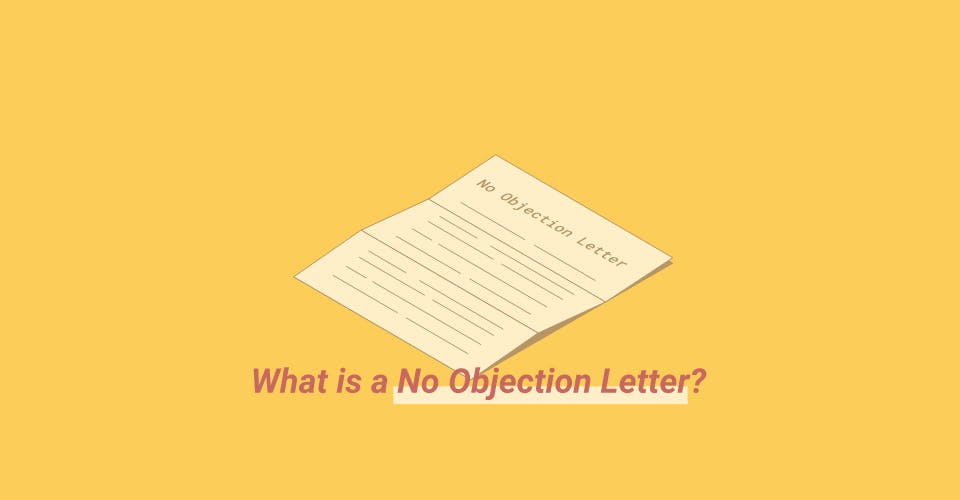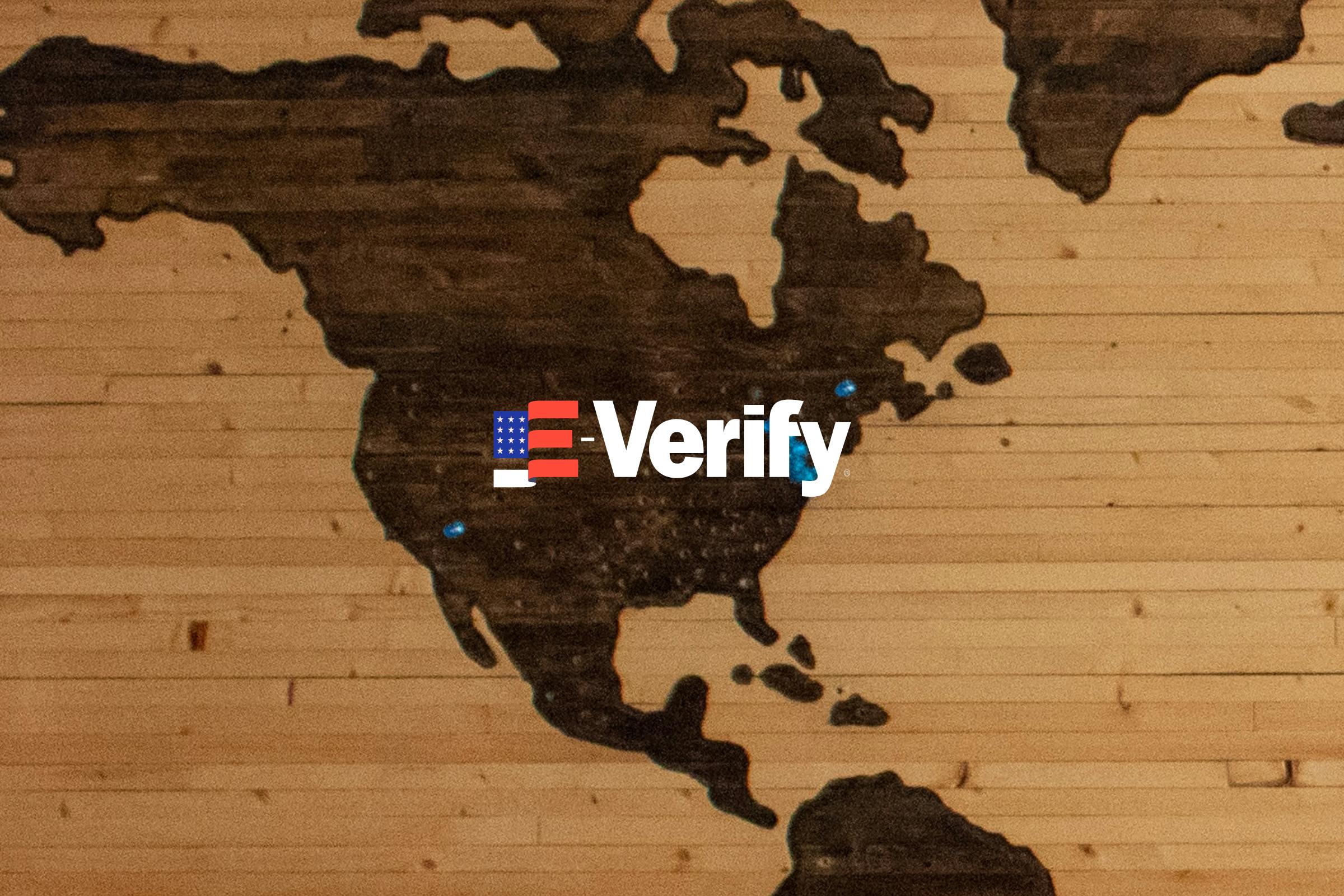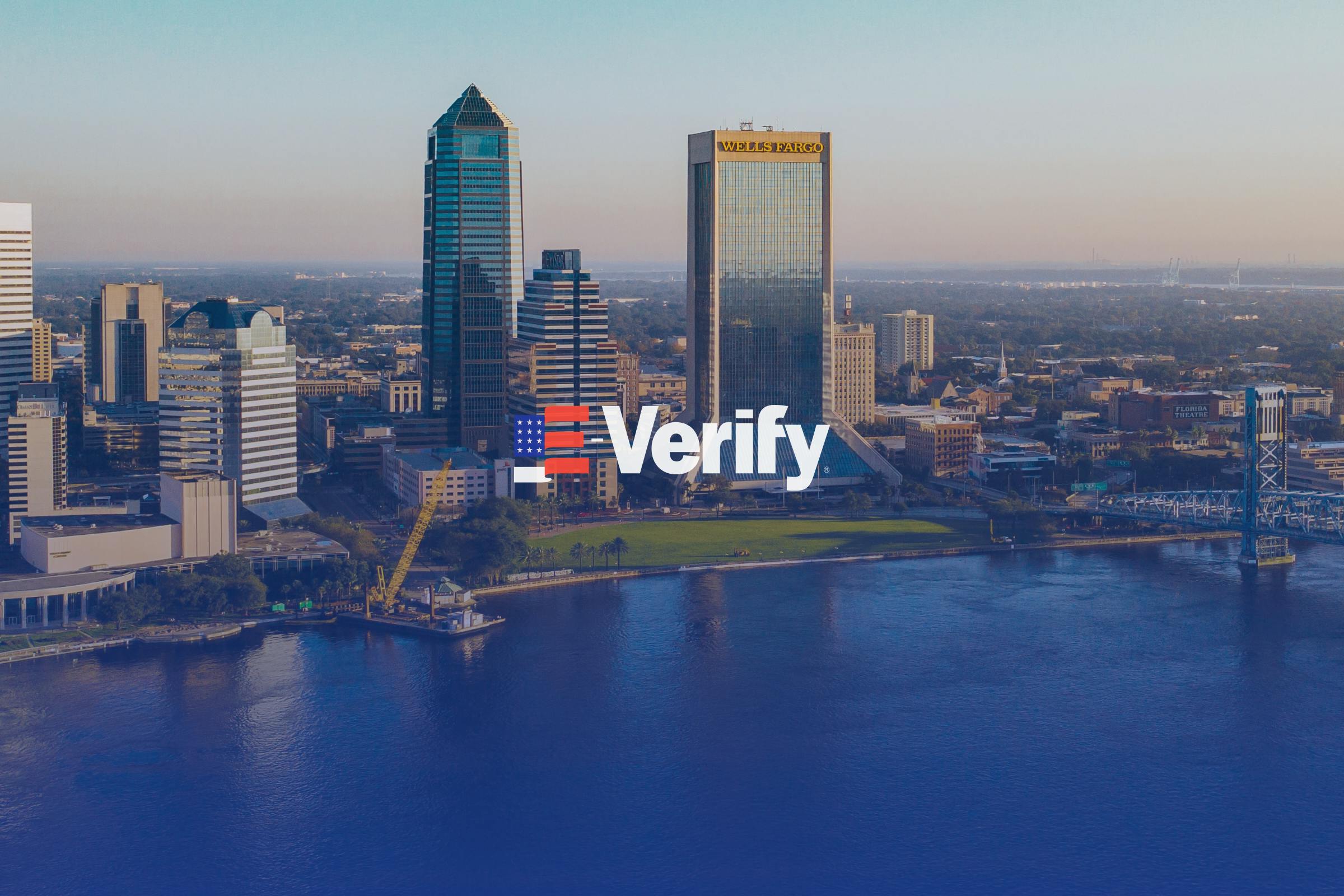Most foreign students in the United States enrolled in a graduate program are on non-immigrant visas. The J-1 non-immigrant visa, for example, is a special type of visa that allows foreigners to live in the United States (for multiple years if they are pursuing a PhD) without much hassle. The J-1 visa however does come with one stipulation called the two year home residency requirement, which means that J-1 visa holders must agree prior to obtaining their visa that they will leave the U.S. after their graduation and return to their country of origin for two years before trying to re-enter the United States.
The two year home residency requirement can be abated if a visa holder in the United States is able to marry a U.S. citizen—because they will no longer be visa holders if they successfully file and obtain legal residence in the country.
However, for those who have not married a U.S. citizen and are still seeking options for pursuing a green card in the United States, or an employment offer that leads to an adjustment of status, some J-1 holders might be eligible to have a No Objection Letter filed on their behalf.
First Steps
If you are a non-immigrant in the U.S., you cannot file your own No Objection Letter. Rather, the letter must be mailed to the State Department’s Waiver Review division from the respective U.S. embassy of your nationality. For example, if you are a citizen of Bangladesh studying in the U.S., you would first need to contact and locate an embassy or consulate in the United States. This could involve travelling to the embassy in Washington D.C.
After you have made contact, you need to tell a representative that you are interested in a No Objection Letter from the Embassy. Someone from the staff will then tell you that you will need to fill out Form DS-3035 first, which is the online version of the Waiver Recommendation Process. Follow the link here to begin this application: https://j1visawaiverrecommendation.state.gov/Application/WaiverProcess.
You’ll pay the online fee associated with your online application and send it to the Waiver Review Section of the State Department.
Once the Waiver Review Division receives your application, you will be issued a case number as well as any additional instructions. You can use this case number to check the status of your pending application.[1]
Draft a Statement of Reason
Once you have a case number on record, there’s still two more crucial steps to the No Objection process which involves creating a Statement of Reason. Think of this as similar to a cover letter you are writing for a prospective employer. Be clear and concise about why you are requesting a No Objection statement from your government about wanting to remain in the U.S. On the link provided above you will see there is also a separate Tab where you can begin preparing a Statement of Reason.
Ask for Permission from DC Embassy
Once you have completed your Statement of Reason, print it out and attach additional materials such as your waiver recommendation application case number, and whatever else your home country requires for a No Objection Letter. Each country will have a different process and request different materials, so as mentioned above, be sure to contact the embassy. From here, if your respective country’s embassy approves the request, it will send it directly to the DOS Waiver Review division.














